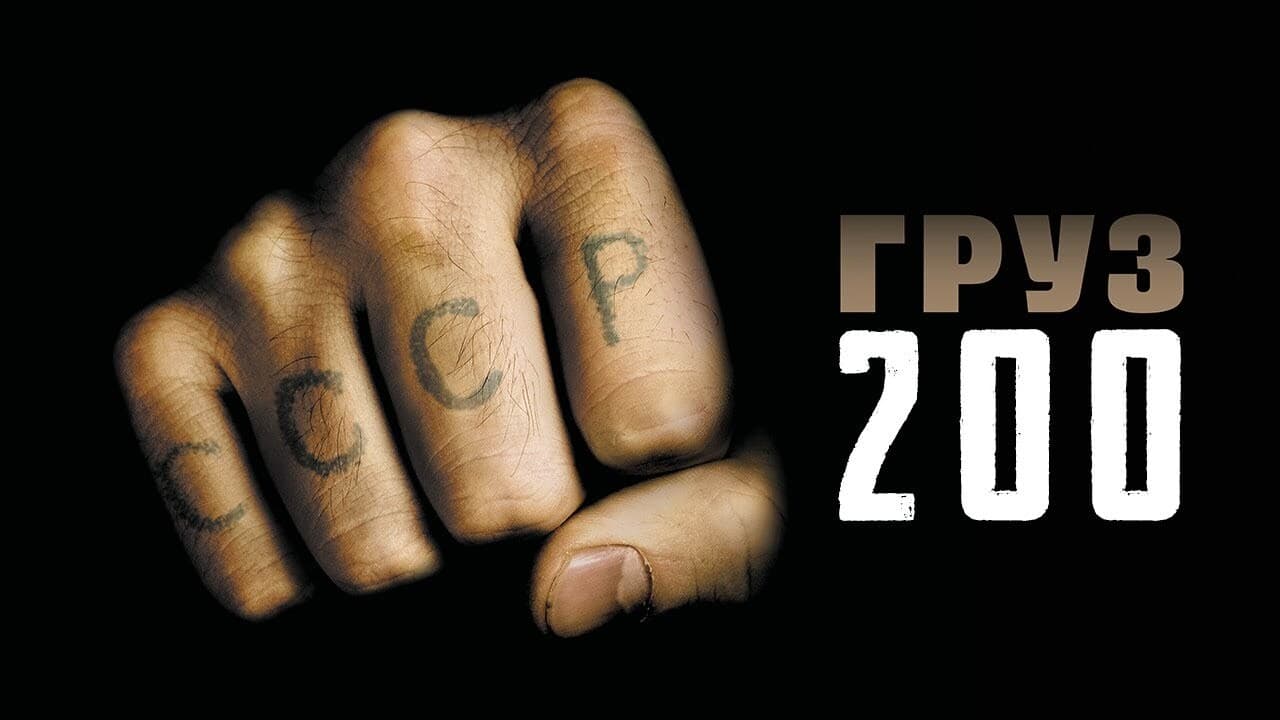

Best movie of this year hands down!
... View MoreDon't listen to the Hype. It's awful
... View MoreGreat story, amazing characters, superb action, enthralling cinematography. Yes, this is something I am glad I spent money on.
... View MoreThis is a coming of age storyline that you've seen in one form or another for decades. It takes a truly unique voice to make yet another one worth watching.
... View More"Cargo 200" is my favorite Balabanov's film. By showing and perhaps exaggerating a lot of elements director has personally seen in eighties USSR he has created a very successful metaphorical movie. Most obviously it's of a metaphor for decline of USSR, but even shocking parallels with very recent crimes of Russian policemen the year "Cargo 200" came out had shown that the metaphor is much broader. It is also to a large extent about modern Russia and perhaps even people and society in general. The genre is mixed, taking horror to the extreme and mixing contrasting details of an era creates an absurdist Pyton-esque humor in a lot of scenes at least for those who can understand it (a lot of Russian viewers and critics didn't get this type of humor, which is much more prevalent in western culture today, popularized by the likes of South Park, more familiar to younger "global Russians"). A lot in this movie from transgressive story to political and historical elements is very provocative and makes it hard for a lot of people to see the movie itself behind all the provocative elements and all the emotional buttons it pushes. Even in comments on IMDb you can see of strong, sometimes outraged, reactions to this movie and they are 10 times stronger in Russia where history is a much more touchy subject, there are more taboos, at least in media, and the view of cinema and humor is generally more conservative.I personally won't necessarily call it a realist movie, it is a metaphor first and foremost. But a lot of details of the era are very precise - the music, the gorgeously decayed and familiar (if you have lived in Russia) set designs are a pleasure, albeit maybe a perverse one, to observe in this film. All in all, a lot in "Cargo 200" just works. It was conceived and developed in the right place at the right time, a lot of elements of the movie and historical artifacts and collective memories that inspired it just came together very effectively. Seems like this movie wanted to be created and found a great creator in the late great Aleksey Balabanov, becoming one of his strongest works.
... View MoreAll the hype around the 'truth' about Soviet Union is appalling. After Russian movie-makers "broke free" from the "totalitarian hell" there is nothing to stop them from making any kind of black fiction story their imagination can possibly produce. The Hollywood may have self-censorship to not put a maniac into police uniform, but it clearly was not the case with Balabanov. His original idea was apparently create a picture as shocking to the public as possible, and he succeeded well.All of you guys who still fight the Cold war in 2013 are like that madman who reads aloud war letters in a room with two corpses.
... View MoreI watched this movie without having any background information about this film. It really felt old. I thought i was watching an old movie that just made it into the mainstream, or it got picked up up by some major company and re-released. I have to say then that the director manages to portray the era quite well. It is an interesting film especially for some one who is not from Russia. I have to say in short, i feel like i've just watched a coen brothers movie! I just do not like the ending. It was not made clear enough or maybe the message got lost in translation. I kind of have to put two and two together to figure out what the movie is all about. I think i understand the movie. 8 out of 10 for me. could have been better executed.
... View MoreIn my opinion, Malenkaya Vera is a better film at showing the decay of the USSR in it's last days. It's also more accessible to the foreign viewer. There was a lot that was lost in translation in Gruz 200, and it requires more knowledge of Soviet history to truly understand the film. That said, the look of the film was very good. The soundtrack is effective too. The disco scene at the beginning was one of my favorites, especially with the guys doing the robot in the background.Balabanov is heavy handed as usual, but then that is part of what I enjoy about his films. He is truly an original filmmaker. He should also be commended for trying to put an end to unwarranted nostalgia for the Soviet Union.
... View More